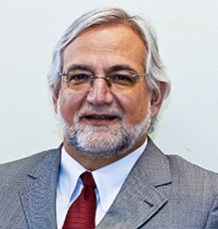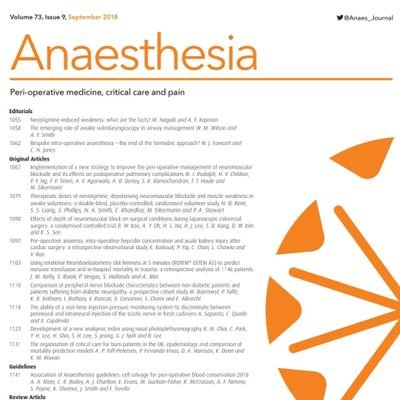
Anil Jaiswal, who until a year ago was a cancer researcher at the University of Maryland, Baltimore, has had four more papers retracted.
That makes 21 for Jaiswal, who joins our leaderboard of the 30 researchers with the most retractions. All four new retractions appear in journals published by the American Association for Cancer Research, and are for image or data manipulation.
For example, here’s the retraction notice for “Aromatase Inhibitor–mediated Downregulation of INrf2 (Keap1) Leads to Increased Nrf2 and Resistance in Breast Cancer,” in Molecular Cancer Therapeutics: Continue reading Former University of Maryland cancer researcher up to 21 retractions


 Journals have retracted all but 19 of the 313 tainted papers linked to three of the most notorious fraudsters in science, with only stragglers left in the literature. But editors and publishers have been less diligent when it comes to delivering optimal retraction notices for the affected articles.
Journals have retracted all but 19 of the 313 tainted papers linked to three of the most notorious fraudsters in science, with only stragglers left in the literature. But editors and publishers have been less diligent when it comes to delivering optimal retraction notices for the affected articles. 

 In 2012, investigations found that researcher
In 2012, investigations found that researcher 